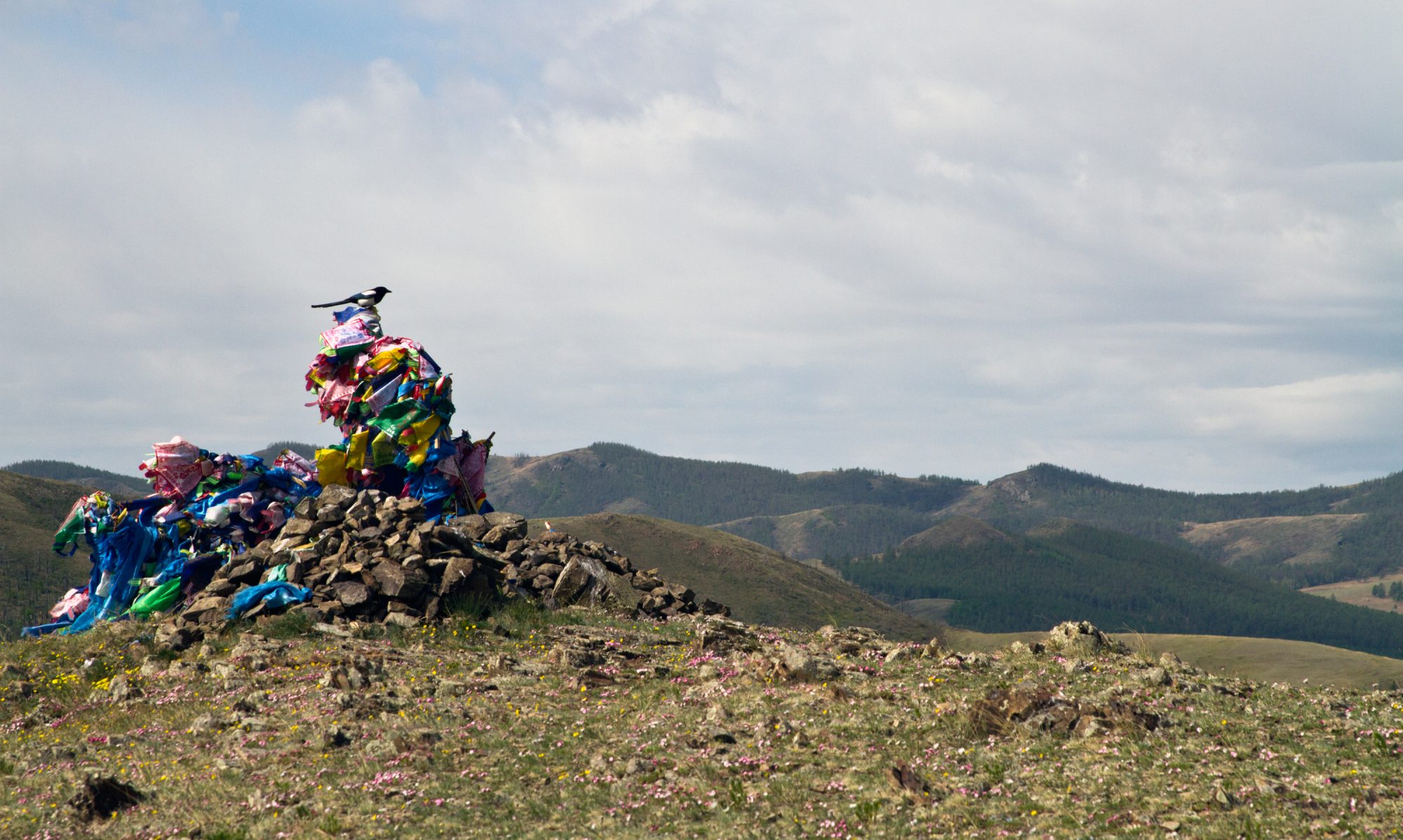There’s a guy I see around town from time to time, and I never like seeing him. Oh, he’s harmless, pretty nice guy, we’ve talked a few times. He always says hello when he sees me. But there’s always a sense I get, whenever we meet, that there’s something shameful between us, and we both know it.
I met him in late 2004, at one of the first jobs I worked at in Portland: temping in the swing shift at the check batch processing department of a bank. My job was to pull register tapes from batches of checks, scan the tapes, and bundle the checks with a rubber band. When I’d done enough to fill a tray, I would walk the tray over to the side of the floor with the optical scanners. It was an okay job, so long as I kept myself in books on tape; minimal attention required to do the work.
He had the same job: a shortish, reddish man with a white moustache and short white hair. He stood out, most of the people on our side of the floor were South Slavic college students, stood out even among the temps (temps are always odd lot). Serious demeanor, slurred the s sound in his speech in a deliberate way, was always reading on his breaks or at off-peak times. One day I noticed he was reading a book with that tell-tale inter-library loan sheath around the cover. So I asked him about it, and he told me he was assisting a friend’s research – something about some Indian philosophy, I don’t recollect if it was ancient or contemporary, but I have a feeling that it was something that had been fashionable or attractive thirty years ago and was largely forgotten now. That was more or less the end of that conversation. I thought about trying to get him to talk more about it, explain a little more what he was researching, why, whether I would be interested. But he seemed so ashamed during our first conversation that I left him alone.
At any rate, we didn’t talk any more about it, and I soon quit that job – taking three days off unscheduled at four hours’ notice counts as quitting, it turns out – and then I started running into him all over. Especially on the bus, at the central library, and the Portland State University Library. Invariably he would be reading, I would be reading, we would both ignore each other until it was impossible to keep it up, then nod, and say hello, and do our best to ignore each other. I don’t know why I made him uncomfortable, but I think I know why he made me uncomfortable.
I had been reading New Grub Street by George Gissing at the time I met him, and it had rubbed off on my whole self-perception and my perception of my environment at that time. If you don’t know the book: it’s about the life of different writers and the different ways they make ends meet in late 1890s London. It’s stands out for me especially in its detailed description of the day to day economics of living a writer’s life, and the effect that kind of life has on the domestic lives of the characters. Detailed isn’t the word, maybe concrete is: the description is hard to ignore, large and cold and finely delineated, all the bumps and irregularities that make a thing real, that’s what I want in the word.
I was just coming to realize at that time (as I do, from time to time – every year or two I have a giant skull-opening, mind-blinding realization of the same damn thing each time, over and over again) what it means to have to earn your bread and self-respect by the sweat of your brow, or I mean sale of your time, and that depressed me. My time, the only thing I had that I could make into something that might not pass away irretrievable like everything I said and saw and felt, the only space I had to work in.
And seeing this one everywhere I went like my own future coming back to warn me, this specter life had clearly passed by, hanging on to charlatan intellectuals still living in generation-old fashions, taking books out from the library and bringing them back again in an endless round, desperate to talk to someone and touch another mind but ashamed to try, well, it seemed threatening to me.
I saw him today on the bus. I had two stacks of groceries, a Finnish novel from the thirties, and another book by the guy who wrote The Body Snatchers. He saw me, pretended he didn’t, sat leafing through a book, watched me, for a little and pulled out a notebook and made a few notes, then put it away and greeted me as he went towards the door at his stop. I didn’t respond quickly enough, or something in my response put him off, so he felt he had to explain where he knew me from, turning bright red as he stepped onto the curb. I wonder what he wrote about in his notebook, and do I bother him as much as he bothers me.
